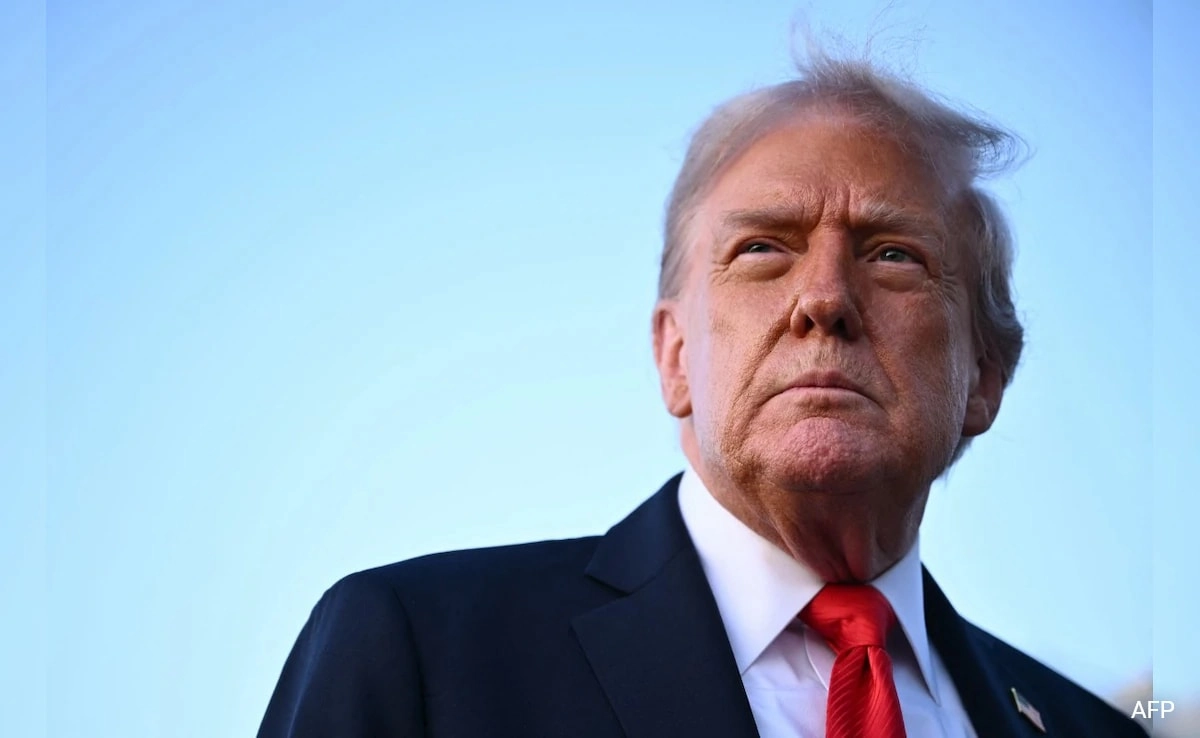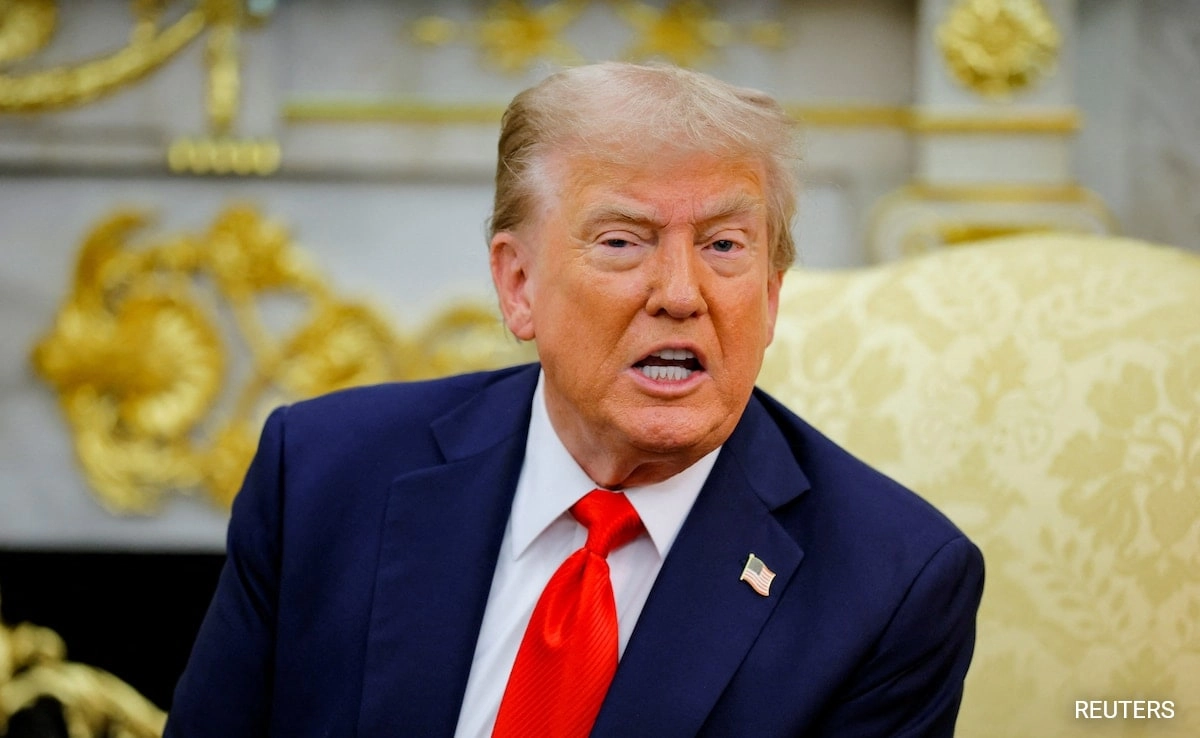In a significant legal setback for former President Donald Trump, a New York court has dismissed his defamation lawsuit against The New York Times. The case revolved around an opinion piece published in 2016, which Trump claimed contained false statements that damaged his reputation. The article discussed allegations related to Trump’s business dealings and his presidential campaign, suggesting that he had colluded with Russia. Trump’s legal team argued that the piece was not only misleading but also harmful to his public image. However, the court found that the claims made in the article fell under the protection of free speech and that Trump had not adequately demonstrated that the statements were made with actual malice.
The ruling underscores the challenges faced by public figures when seeking to prove defamation, especially in cases involving media outlets. In its decision, the court emphasized the importance of protecting journalistic freedom and the need for robust discourse in a democratic society. The judge noted that the threshold for defamation claims is particularly high for individuals like Trump, who occupy prominent positions in public life. This ruling reinforces the principle that while public figures may be subject to scrutiny and criticism, they also bear a greater burden in proving that such expressions are false and malicious.
Trump’s legal team has indicated plans to refile the lawsuit but with a more focused and refined approach. The court has encouraged this course of action, suggesting that a “dignified manner” of reformation could potentially lead to a more favorable outcome. In light of this guidance, Trump’s attorneys are expected to reassess their strategy, possibly aiming to craft a more compelling argument that directly addresses the court’s concerns regarding the original complaint. The ongoing legal battles highlight the contentious relationship between Trump and the media, a dynamic that has persisted since his presidency and continues to shape public discourse in the United States.
This case not only illustrates the legal complexities surrounding defamation claims but also reflects the broader societal tensions between media freedom and the reputations of powerful individuals. As Trump prepares to refile his lawsuit, the outcome will likely have implications not only for him personally but also for the media landscape, influencing how journalists report on public figures and the limits of free expression in the context of political commentary. The legal proceedings will be closely monitored, as they may set precedents for future defamation cases involving public figures in an era marked by intense political polarization and media scrutiny.




